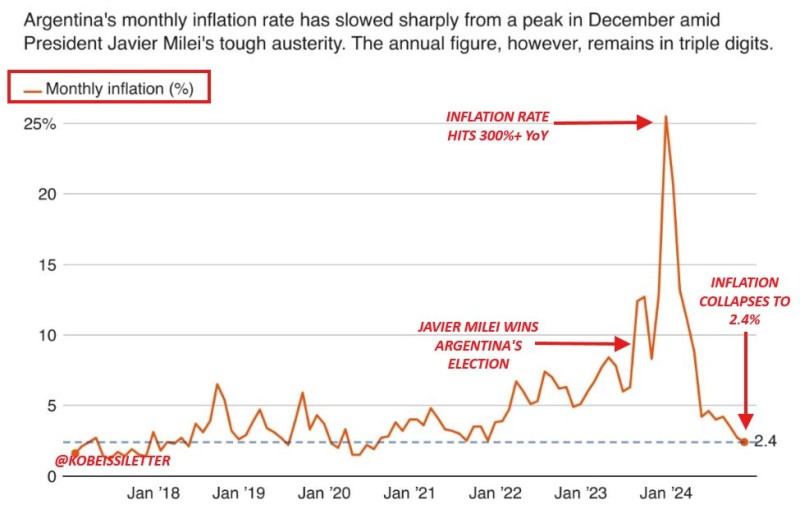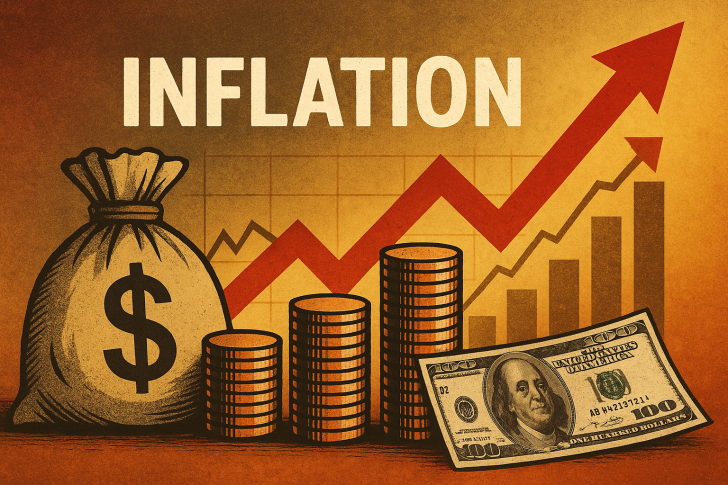Argentina just pulled off something most economists thought impossible. In late 2023, the country was staring down hyperinflation that made buying groceries feel like a lottery ticket - prices were literally changing by the hour. Fast forward to mid-2024, and monthly inflation has collapsed to 2.4%. That's still high by most standards, but it's nothing short of miraculous for a country that was burning through cash faster than you could count it.
Milei's Brutal Medicine
- Monthly inflation dropped from over 25% in December 2023 to 2.4% by mid-2024
- Annual inflation still sits in triple digits but the trend is unmistakable
- The peso has stabilized after months of free fall
- Consumer confidence is slowly returning as price shocks fade
President Javier Milei didn't mess around when he took office. His team went straight for the jugular with aggressive austerity measures that would make even the most hardline economist wince. They slashed government subsidies, gutted public spending, and started deregulating everything in sight. As The Kobeissi Letter Just 2 hours ago, US Treasury Secretary Bessent made this post: He said "all options for stabilization are on the table" for Argentina. This may include swap lines, direct currency purchases, and purchases of USD denominated government debt. But, how did they end up here?The Kobeissi Letter put it perfectly, there was a time when "a cup of coffee cost more by the time you finished drinking it." That nightmare scenario is finally ending.

The pain was immediate and intense. Businesses struggled, households tightened their belts, and the political heat was scorching. But the chart doesn't lie - inflation went from a catastrophic 25% monthly peak to something that almost looks normal by Argentine standards.
The Big Question: Will It Stick?
Here's where it gets tricky. Argentina has been down this road before, and the country's track record with economic stability isn't exactly reassuring. The fundamentals are still shaky - fiscal imbalances, currency pressures, and a population that's understandably skeptical of any government's promises. If Milei can keep the reforms going without getting thrown out of office, Argentina might actually break its decades-long cycle of boom and bust.
But that's a massive "if." The social costs are real, political opposition is mounting, and there's always the risk that this dramatic improvement is just the calm before another storm. For now though, Argentina is giving the world a masterclass in whether shock therapy can actually cure hyperinflation - and early results suggest it might just work.
 Peter Smith
Peter Smith

 Peter Smith
Peter Smith


